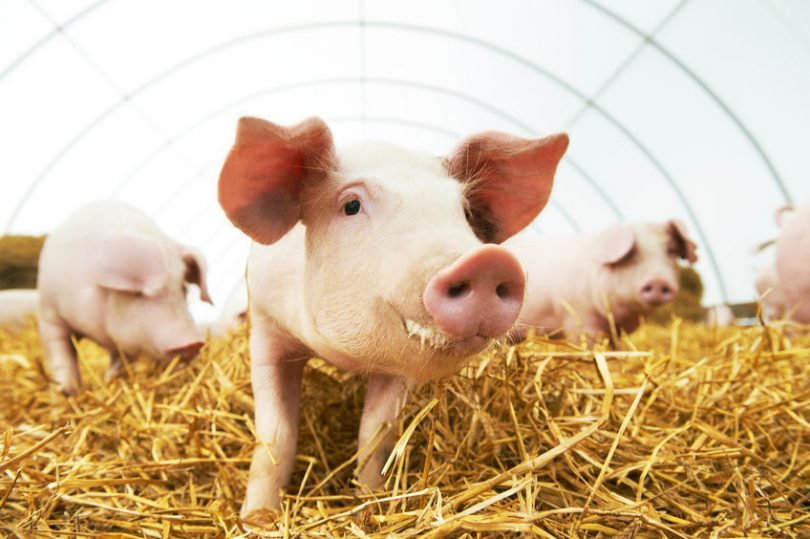Yesterday blockchain startup, TE-FOOD, announced that its consumer traceability system is now live on a public blockchain with pig products in Vietnam. The startup aims to develop a farm-to-table traceability solution covering logistics, food quality and data management for supply chain.
Back in 2016, the company launched a pig traceability solution, but at that stage, it was not using a public blockchain.
TE-FOOD was founded in 2015 and sold over $19 million worth of TFD tokens in Q1 2018. However, the market capitalization is now half that figure. The company says it has more than 6000 business customers and handles 400,000 business transactions each day. However, it’s unclear what proportion of that is on a blockchain.
The solution uses a QR code sticker on pork packages which consumers can scan using a mobile app.
Having scanned the code, the consumer can see at which farm the animal was reared and where it was slaughtered. Plus they can view the retailer and how long it has been on the shelves, all with a time and a date.
TE-FOOD is also involved in the Wyoming Beef traceability project.
At the moment TE-FOOD doesn’t use its own blockchain but the Rinkeby Network. Rinkeby is an Ethereum testnet and uses a Proof of Authority (PoA) consensus algorithm.
In a PoA network, transactions are approved by validators and there’s no mining mechanism. This allows it to enjoy relatively fast transactions speeds compared to the Ethereum main net.
However, TE-FOOD aims to move all traceability solutions to its own blockchain once it is ready. It’s currently exploring using Tomochain, another Ethereum based network.
Other food traceability blockchains
In Cambodia, Oxfam recently launched an organic rice traceability initiative to empower farmers. In the UK, the Food Standards Agency started to use blockchain to trace cattle at the slaughterhouse. This is primarily to trace potential contamination issues with plans for further traceability.
The highest profile initiative is the IBM Food Trust program with Walmart. French retailer Carrefour launched a traceability project for its premium farm products. And Subway and Tyson are testing FoodLogiQ’s blockchain traceability project.






